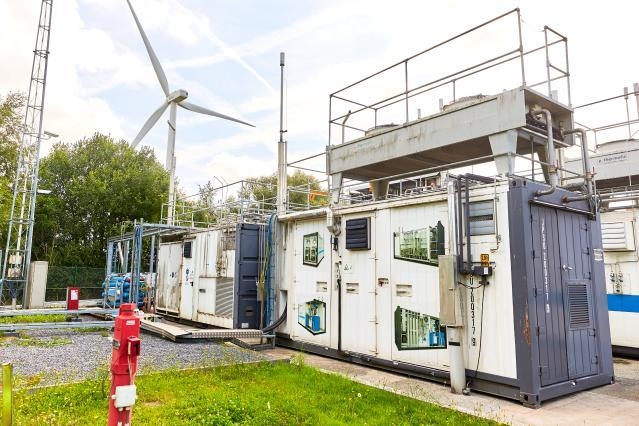What does the amended State aid Temporary Crisis Framework provides for?
 The EU Commission made an adjustment to the State aid Temporary Crisis Framework, which was initially adopted on 23 March 2022, in order to support the economy in the context of Russia's invasion of Ukraine.
The EU Commission made an adjustment to the State aid Temporary Crisis Framework, which was initially adopted on 23 March 2022, in order to support the economy in the context of Russia's invasion of Ukraine.
“With today's amendment, we will help accelerate the rollout of renewable energy as well as the decarbonisation of industries, in line with the REPowerEU objectives”, wrote in a note Executive Vice-President Margrethe Vestager, in charge of competition policy. “The situation is serious - she stressed referring to the ongoing war in Ukraine - and we need to step up our efforts to phase out from the fossil fuels on which we have very much relied upon until now”.
In fact the amendment is accompanying the Winter Preparedness Package unveiled today by the Commission, which suggests that EU countries should reduce gas demand by 15% between August 1, 2022 and March 31, 2023, in order to be able to face a possible cut of gas supplies by Russia.
In particular the initiative is aimed to extends the Temporary Crisis Framework providing additional kinds of aid measures, which are in line with the REPowerEU Plan. Specifically, the amendment includes the possibility for Member States to support measures accelerating the rollout of renewable energy on one side, and measures facilitating the decarbonisation of industrial processes, on the other.
This means that Member States will be able to set up schemes for investments with simplified tender procedures in the field of renewable energy (such as renewable hydrogen, biogas and biomethane, storage and renewable heat), but also directly support projects which have the objective of phasing out from fossil fuels, for instance through electrification and energy efficiency, and top-up bonuses for small and medium sized enterprises implementing energy efficiency solutions.
As the REPowerEU Plan was designed by the Commission with the purpose of phasing out Russian fossil fuels as soon as possible, Member States must ensure that the selected projects respect a specific timeline. Therefore aid under these sections can be granted until 30 June 2023.
In order to support companies collaterally affected by the consequences of the sanctions and countersanctions adopted in the context of the war in Ukraine, the amended Temporary Crisis Framework allows Member States to grant an increased amount of aid corresponding to € 62,000 in the filed of agriculture, € 75,000 in the fisheries and aquaculture sectors, and up to € 500,000 in all other sectors.
Furthermore, thanks to the new adjustments, the aid can be granted also to cover the increased energy costs for companies, but “only up to 70% of the beneficiary's gas and electricity consumption during the same period of the previous year”.
Finally, the amendment signal the following types of aid will be possible on a case-by-case basis, subject to conditions:
- support for companies affected by mandatory or voluntary gas curtailment;
- support for the filling of gas storages;
- transitory and time-limited support for fuel switching to more polluting fossil fuels subject to energy efficiency efforts and to avoiding lock-in effects;
- support the provision of insurance or reinsurance to companies transporting goods to and from Ukraine.
Documents: